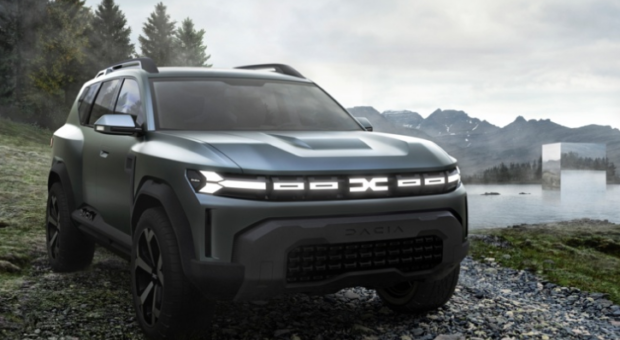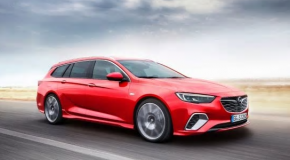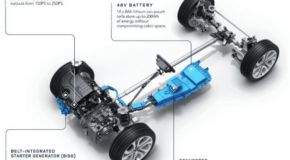
Owning an SUV can be an incredibly rewarding experience, offering versatility, ample space, and off-road capability. However, like any vehicle, SUVs are not immune to their share of challenges and problems. In this article, we’ll explore some of the common issues that SUV owners might face, from maintenance woes to fuel efficiency concerns, helping you navigate these hurdles more effectively.
Fuel Costs and Efficiency
SUVs are known for their larger engines and heavier bodies, which can lead to higher fuel consumption compared to smaller vehicles. Rising fuel costs and environmental concerns may make fuel efficiency a significant issue for SUV owners, prompting some to explore hybrid or electric SUV options.
Parking and Maneuverability
One of the drawbacks of owning an SUV is its size, which can make parking and maneuvering in tight spaces a challenge. SUVs often require more space to park and can be less nimble in urban environments. This can be especially frustrating for city dwellers or those who face limited parking options.
Maintenance Costs
SUVs typically have larger tires and more complex four-wheel-drive systems, which can translate into higher maintenance costs. Regular maintenance, such as tire replacement, brake service, and fluid changes, may be more expensive compared to smaller vehicles. It’s important for SUV owners to budget accordingly for upkeep.
Off-Roading Wear and Tear
For those who use their SUVs for off-roading adventures, wear and tear are a natural part of the experience. Rough terrain can put additional strain on components like suspension, axles, and undercarriage, which may require more frequent repairs or upgrades.
Environmental Impact
While SUVs offer numerous benefits, they often have a larger carbon footprint due to their size and fuel consumption. SUV owners concerned about their environmental impact may face criticism or concerns from eco-conscious individuals.
Towing Challenges
SUVs are commonly used for towing trailers, boats, or other heavy loads. However, towing can put additional stress on the engine and transmission, potentially leading to overheating or wear and tear. Towing safely and efficiently requires careful attention to the vehicle’s capacity and towing equipment.
Conclusion
Owning an SUV offers a host of advantages, but it’s important to be aware of the potential challenges that come with it. SUV owners should plan for higher fuel costs, parking difficulties, and maintenance expenses, among other issues. By understanding and addressing these common challenges, SUV owners can continue to enjoy the benefits of their versatile and capable vehicles while minimizing the drawbacks. Proper maintenance, responsible driving, and considering alternative fuel options are just a few ways to overcome these challenges and make the most of your SUV ownership experience.
















